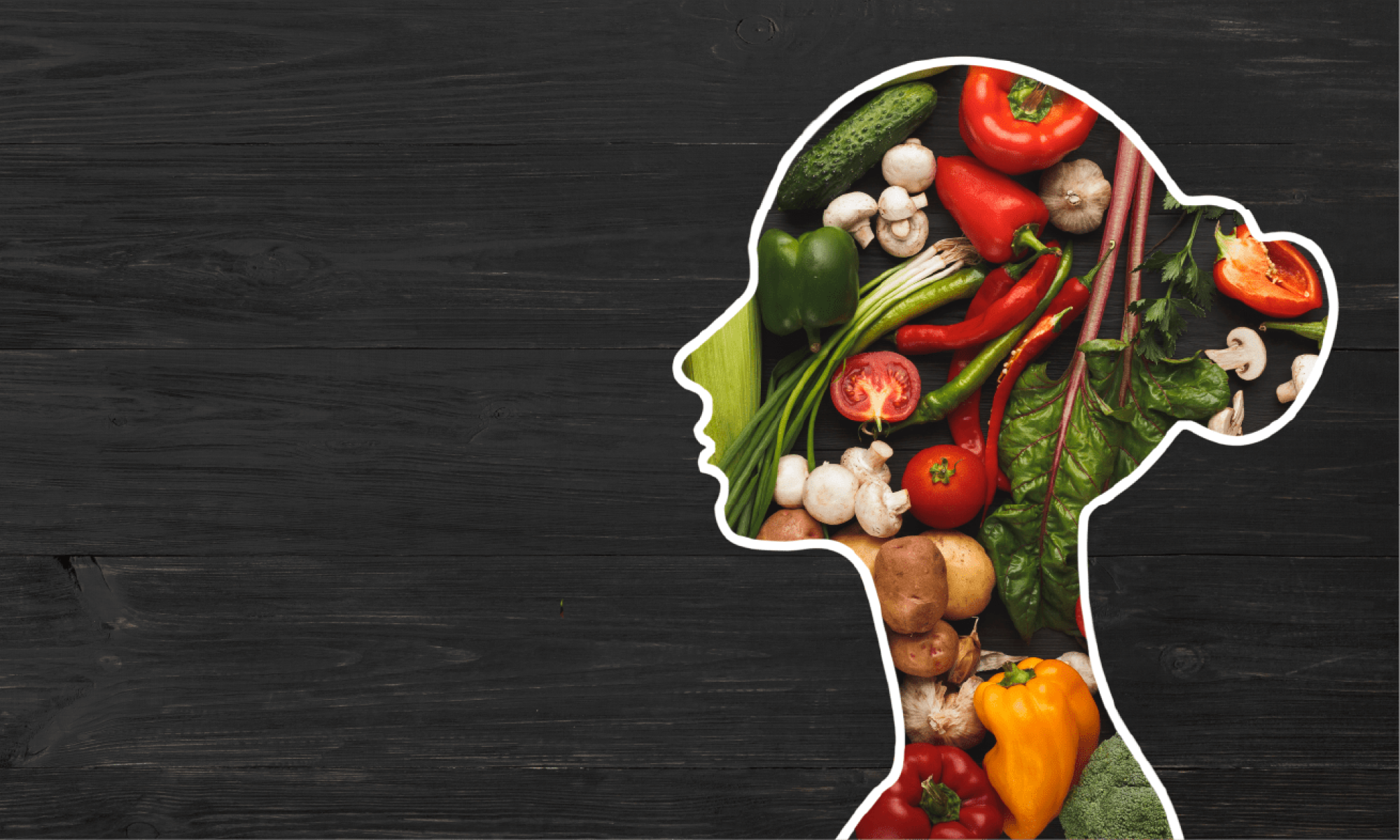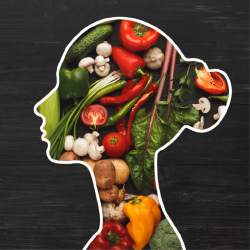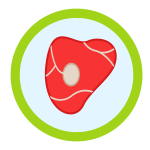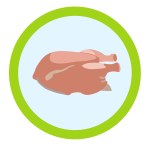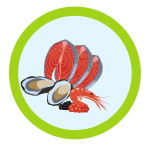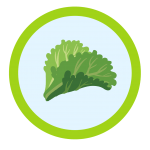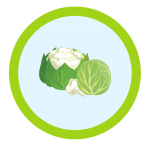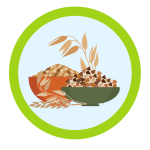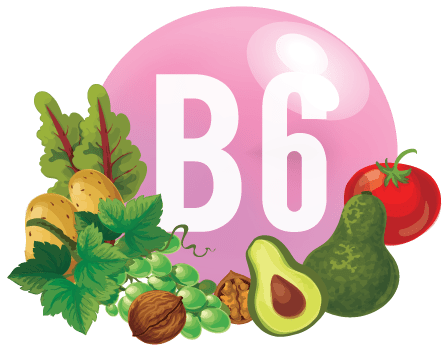
Fuel your body, boost your mind, and beat chronic diseases with vitamin B6-rich foods!
Consuming foods with high levels of pyridoxine provides multiple benefits to your body, including increased energy production, improved immune function, and brain function. Eating a balanced diet and including vitamin B6-rich foods can lead to a healthy lifestyle, reduce risk of chronic diseases like obesity, heart disease, and type 2 diabetes.
Adults ages 19-50 should aim for 1.3mg/day, and those over 50 should aim for 1.5 mg/day for men and 1.5-1.7 mg/day for women. Pregnant and breastfeeding women should aim for 1.9-2.0 mg/day.
Meat & Protein
Grass Fed Red Meat
One serving of beef liver provides 1.5 mg which is about 75% of the recommended daily intake.
A 3 oz serving of beef sirloin can provide you with 0.8 mg of vitamin B6, which is about 40% of your daily recommended intake.
One lamb chop can provide you with around 0.4 mg, which is about 20% of your daily recommended intake.
A 3 oz serving of bison can provide you with 0.3 mg of vitamin B6, which is about 15% of your daily recommended intake.
Free Range White Meat
3.5 oz serving of roasted turkey breast contains 35% of the daily value (DV)
A 3.5-ounce serving of roasted chicken breast contains 35% of the DV.
Just 3.5 oz serving of cooked duck breast contains 40% of the DV.
3.5 oz serving of roasted goose contains 15% of the DV.
A 3.5oz serving of roasted quail contains 20% of the DV.
Fish & Seafood
3.5 oz of fresh tuna contains about 30% of the daily value (DV) canned tuna of about 3.5 oz can provide around 18% to 28% of the daily value
A 3.5-ounce serving of cooked salmon may account for over 25% of an adult’s recommended daily intake
A serving of swordfish contains an impressive 85% of the recommended daily value for adults.
Halibut provides around 30% of the recommended daily intake
Just one serving of shrimp can provide up to 25% of the recommended daily value amount of Vitamin B6.
3 ounces offering 0.9mg, or 45% of the daily recommended value.
One serving of mussels (3 ounces) contains around 25% of the recommended daily value amount.
Fruits, Vegetable, Leafy Greens & whole Grains
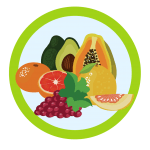
Organic Fruit
One medium-sized avocado contains 28% of the daily value recommended by the FDA
A one-cup serving of cantaloupe contains approximately 9% of the daily value
An average-sized orange provides about 5% of the daily value
A serving of papaya (about 140 grams) typically contains around 10% of the recommended daily value
A medium-sized banana contains approximately 25% of the Daily Value (DV), of Vitamin B6
Leafy Greens
A cup of cooked spinach contains about 54% of the daily value for adults.
A cup of cooked collard greens contains 38% of the daily value for adults.
A cup of cooked mustard greens contains around 13% of the daily value for adults.
A cup of cooked kale contains roughly 14% of the daily value for adults.
A cup of cooked beet greens contains approximately 6% of the daily value for adults.
Crucuferous
A cup of cooked spinach contains about 54% of the daily value for adults.
A cup of cooked collard greens contains 38% of the daily value for adults.
A cup of cooked mustard greens contains around 13% of the daily value for adults.
A cup of cooked kale contains roughly 14% of the daily value for adults.
A cup of cooked beet greens contains approximately 6% of the daily value for adults.
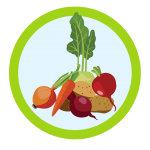
Organic Fruit
One medium-sized 38% of the daily recommended intake
A medium-sized avocado contains approximately 0.5 mg, which is 38% of the daily recommended intake.
One cup of prune juice contains which is 38% of the daily recommended intake.
One wedge of watermelon has about 15% of the daily recommended intake.
One medium-sized mango contains approximately 1% of the daily recommended intake.
Beans & Legumes
1 cup of cooked chickpeas provide 55% of the daily value of vitamin B6.
A cup of cooked pinto beans provides 30% of the daily value of vitamin B6.
One cup of cooked navy beans provides 27% of the daily value of vitamin B6.
1 cup of cooked lentils provides 22% of the daily value of vitamin B6.
1 cup of cooked black beans provides 21% of the daily value of vitamin B6.
Just one cup of cooked lima beans provides 20% of the daily value of vitamin B6.
1 cup of cooked kidney beans provides 19% of the daily value of vitamin B6.
A cup of cooked split peas provides 18% of the daily value of vitamin B6.
1 cup of cooked adzuki beans provides 18% of the daily value of vitamin B6.
One cup of cooked soybeans provides 17% of the daily value of vitamin B6.
Whole grains, Herbs, Nuts & Seeds
Whole Grains
A single cup of cooked brown rice contains approximately 20% of the recommended daily value for adults.
A single cup of cooked quinoa provides approximately 20% of our daily value
A one-cup serving of cooked bulgur contains about 25% of the daily recommended value for adults.
With just a cup of dry oats, you can get more than 20% of your daily Vitamin B6 intake.
One cup of cooked barley contains approximately 25% of your daily recommended intake
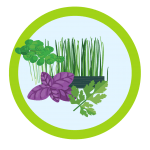
Herbs
100g providing 0.5mg or 25% DV.
Dried thyme has a high amount of vitamin B6, with 100g providing 2.7mg or 135% DV.
Just 100g providing 0.1mg or 5% DV.
A 100g providing 0.2mg or 10% DV.
Only 100g providing 1.2mg or 60% DV.
Sage leaves have a significant amount of vitamin B6, with 100g providing 0.4mg or 20% DV.
Fresh rosemary has a moderate amount of vitamin B6, with 100g providing 0.1mg or 5% DV.
Chives have a decent amount of vitamin B6, with 100g providing 0.3mg or 15% DV.
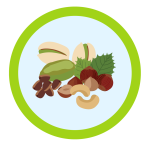
Nuts & Seeds
One cup of pistachios provides 28% DV of vitamin B6.
50 grams of sunflower seeds contain 27% of the DV of vitamin B6.
A quarter cup of sesame seeds provides 23% DV
One cup of cashews contains 22% DV of vitamin B6.
One cup of almonds contains 21% DV of vitamin B6.
One cup of hazelnuts contains 20% DV of vitamin B6.
One cup of pine nuts contains 19% DV of vitamin B6.
Two tablespoons of flax seeds contain 10% DV.
Two tablespoons of chia seeds have 8% DV of vitamin B6
50 grams of pumpkin seeds contain 8% DV of vitamin B6.
Did you know?

The human body cannot produce vitamin B6, so it must be obtained from food sources or supplements.

Studies have shown that vitamin B6 can help regulating hormone levels and reducing inflammation in the body. For instance, it can help increase the production of serotonin. Which is a neurotransmitter that affects mood and helps reduce anxiety and depression.
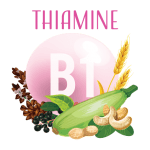
The discovery of vitamin B6 dates back to the early 20th century, where it was first found in rice bran and was named as the “anti-dermatitis factor.” However, it was not until the 1930s that scientists began to realize its importance and discovered its role in various biological processes.
